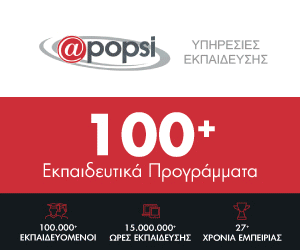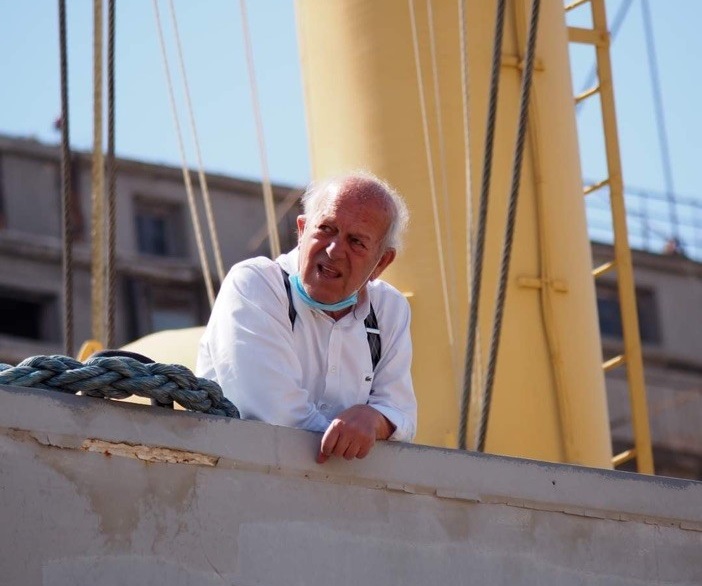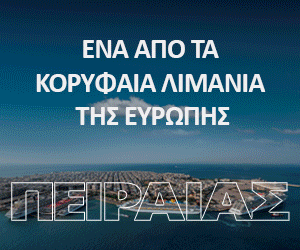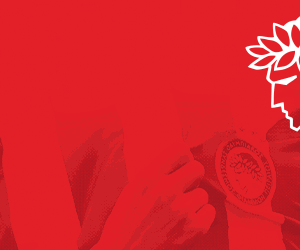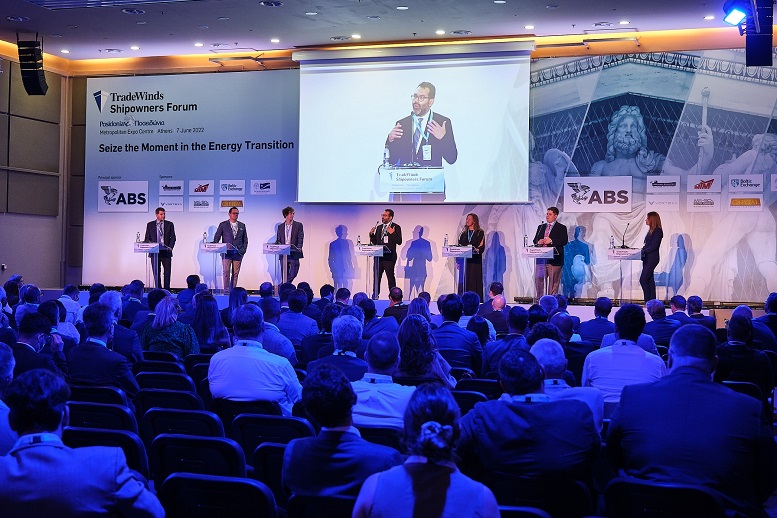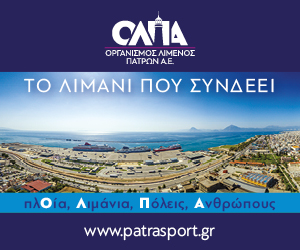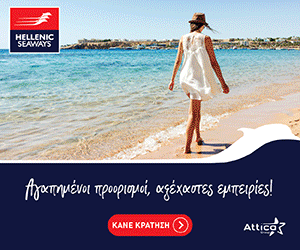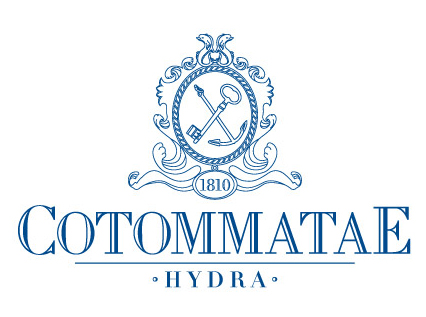Cost of shipping goods to Nigeria has increased rapidly due to rising pirates’ attacks on vessels and crew on Nigerian territorial waters.
The attacks in recent times and the increasing cases of kidnapping of crewmembers of ships coming into Nigeria have made Nigerian waters a war-risk zone for ships and ship owners. The associated risks have further surged the insurance premium on vessels and crewmembers by almost 60 percent, BusinessDay gathers.
“Nigeria is categorised as a war-risk zone. Our insurance is more than three times the insurance of every other place in the world. The incidence has been on the rise, especially on kidnapping of the crew, which is making the shipping business very difficult. No crew of any vessel wants to go to the high sea on the Niger Delta area,” Aminu Umar, president, Nigerian Ship owners’ Association (NISA), said.
“Apart from the insurance cost that is high, the charges of the ship owners that are bringing the goods to Nigeria are almost additional 50-60 percent to whatever that was been paid before than the payment in any other place in the world. The cost is very high, especially now that it is a kidnap situation,” Umar said.
The risks associated with ships calling at Nigerian waters have made the shipping business more expensive in the country, as ship owners incur more cost of insurance against attacks. Apart from insurance on goods, ship owners take additional insurance on kidnap and ransom. This insurance is taken in anticipation of kidnap and ransom in case of any incident.Comparing the cost implication of piracy on goods coming into Nigeria and other neighbouring countries, BusinessDay learnt that the cost of every vessel coming into Nigeria is far higher than the cost of vessels calling at Benin Republic, Ghana, Togo, Lome or Cameroon because ships that call at any of these countries do not pay war-risk insurance, kidnap and ransom insurance, and they do not pay their crew high-risk zone bonus. So, those zones are considered safe because of constant patrol by the security agencies of those countries, according to Umar.
Violent attacks from the Gulf of Guinean have dominated maritime security concerns of policy makers worldwide. A first quarter 2016 figure by Michele Sison, a US deputy representative to the United Nations at the UN Security Council Open Debate on Peace Consolidation in West Africa, puts Nigeria’s lose to piracy, armed robbery at sea, smuggling, and fuel supply fraud at about $1.5 billion on a monthly basis.
Another data released by the International Chamber of Commerce (ICC), International Maritime Bureau (IBM) show a rising violence off the coast of West Africa in the first quarter of 2016.
Globally, IMB recorded 37 piracy and armed robbery incidents in the first quarter of 2016, declining from 54 in the same period in 2015. Three vessels were hijacked and 29 boarded with 26 crewmembers kidnapped for ransom and another 28 held hostage.
Nigeria and Ivory Coast accounted for two of the three hijackings recorded globally, and all 28 hostages. The Gulf of Guinea dominates world piracy in terms of numbers and severity. Also, the region saw 16 crew kidnapped from chemical and product tankers in four separate incidents. Ten attacks were reported off Nigeria alone.
Ship owners have lamented that despite the annual sea protection levy paid to the Nigerian Maritime Administration and Safety Agency (NIMASA) to ensure that every ship that comes to the country is protected from pirates, attacks are still on the increase.
In response to the growing security concerns, Dakuku Peterside, director-general, NIMASA, said the agency was doing a lot to mitigate the attacks, saying, “We are partnering with the Nigerian Navy and Air Force to patrol our waterways and enhance surveillance on our waterways.
“In addition, we are promoting and sponsoring an anti-piracy bill before the National Assembly, where we think we can deal with key issues like prosecution and other things that we have noticed that seem to be a gap in prosecuting pirates.”
Peterside also said the agency had deployed better surveillance system and had synchronised its surveillance patrol with that of Navy, Air Force and other relevant agencies. These, according to him, are some of the things that NIMASA is doing. “We have increased our domain awareness to put an eye on what goes on the oceans and seas. I believe that piracy will soon be history.”
financialwatchngr.com
Sidebar
08
Τετ, Μαϊ




